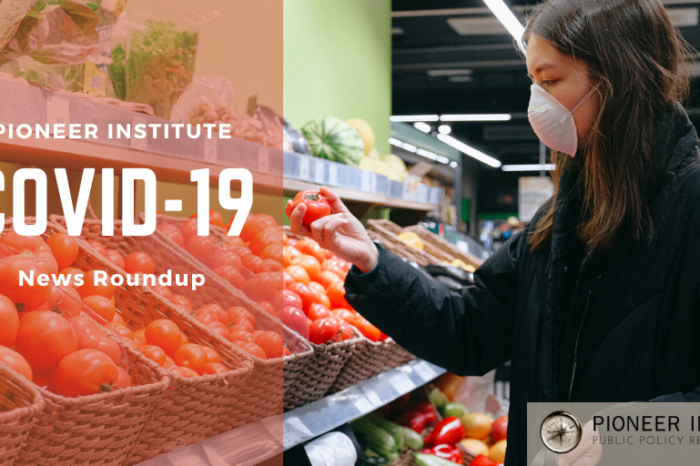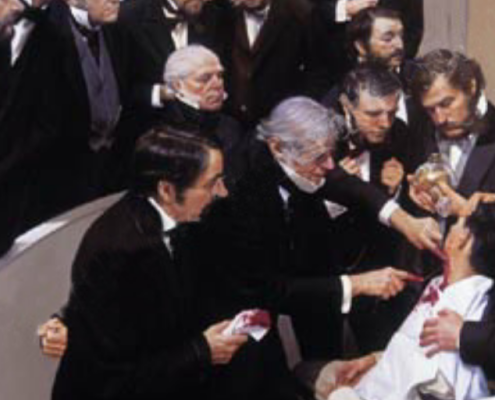COVID-19 Roundup from Pioneer: Will we see a spike in crime?; Ranking states on social distancing; Ramping up remote learning; Secrecy about case numbers & more!
Pioneer staff share their top picks for COVID-19 stories highlighting useful resources, best practices, and questions we should be asking our public and private sector leaders. We hope you are staying safe, and we welcome your thoughts; you can always reach out to us via email: pioneer@pioneerinstitute.org.
Our Top Picks for COVID-19 Pandemic News:
William Smith, Visiting Fellow in Life Sciences: A patient advocacy organization discusses COVID-19 treatments on its podcast. Also, here is a policy change that could get any vaccine out faster.
Don’t miss Dr. Smith’s new report warning about a methodology that poses a threat to older Americans who are more vulnerable during COVID-19.
Mary Z. Connaughton, Director of Government Transparency: A beancounter’s delight – this product’s generally sleepy sales sprinted into high gear as the public prepared their pantries for the long haul, according to the New York Times. Also, if a family member becomes infected with COVID-19, here’s a home-care kit you should have in your house, according to the Wall Street Journal.
Also from Mary: How well is your state or county doing in social distancing? Check out this site from Unacast.
Rebekah Paxton, Research Analyst: To understand the economic impact of COVID-19 in Massachusetts, we’ll need more in-depth analysis. Pioneer’s new series on Massachusetts economic trends draws on MassEconomix.org to provide invaluable data by industry and geography. Read our new report.
Andrew Mikula, Peters Fellow: Will the surge in unemployment in the U.S. cause a spike in crime? Intuitively, it makes sense that people replace legitimate business with theft and fraud during desperate times. But during a recession in which leaders are asking would-be workers to shelter in place, things might be different. According to OSU economist Bruce Weinberg, “People sitting in their houses don’t make great targets for crime. People going out spending cash and hanging out in big crowds do.” Tragically, though, rates of domestic violence are reported to be increasing.
Micaela Dawson, Communications Director: Our World in Data provides interactive charts and maps that allow you to view and compare country-level information on COVID-19 testing, cases (total and per million), fatalities (total and daily new confirmed), doubling time, trajectory, and more.
Our Picks for Public & Private Sector Best Practices:
Jim Stergios tips his hat to Florida Virtual School and greater Boston-area Catholic schools for their success with distance learning and offers some constructive suggestions for ensuring our public school students can benefit from remote learning as well, in this Boston Globe op-ed. Read our additional curricular resources for parents and guardians.
Jamie Gass, Education Policy Director, shares a story about a familiar figure to Pioneer, who is leading an effort to teach 40 million kids at home! And, a history lesson about the worst epidemic the United States has ever known. Before it was over, more than 600,000 Americans perished. Hear more about the parallels with COVID-19 from Stanford historian David Kennedy, this week’s guest on “The Learning Curve” podcast (new episodes every Friday at 11 am).
Barbara Anthony, Senior Fellow in Healthcare: Why is there such secrecy around city and town COVID-19 case numbers in Massachusetts? Right now, the state releases data by county only. In the Worcester Telegram & Gazette, Barbara explains why that policy should change.
Questions for Our Public & Private Sector Leaders:
POLL: Should Massachusetts reveal know how many COVID-19 cases there are in each city or town?
— Pioneer Institute (@PioneerBoston) April 3, 2020
Get Our COVID-19 News, Tips & Resources!
Related Posts













